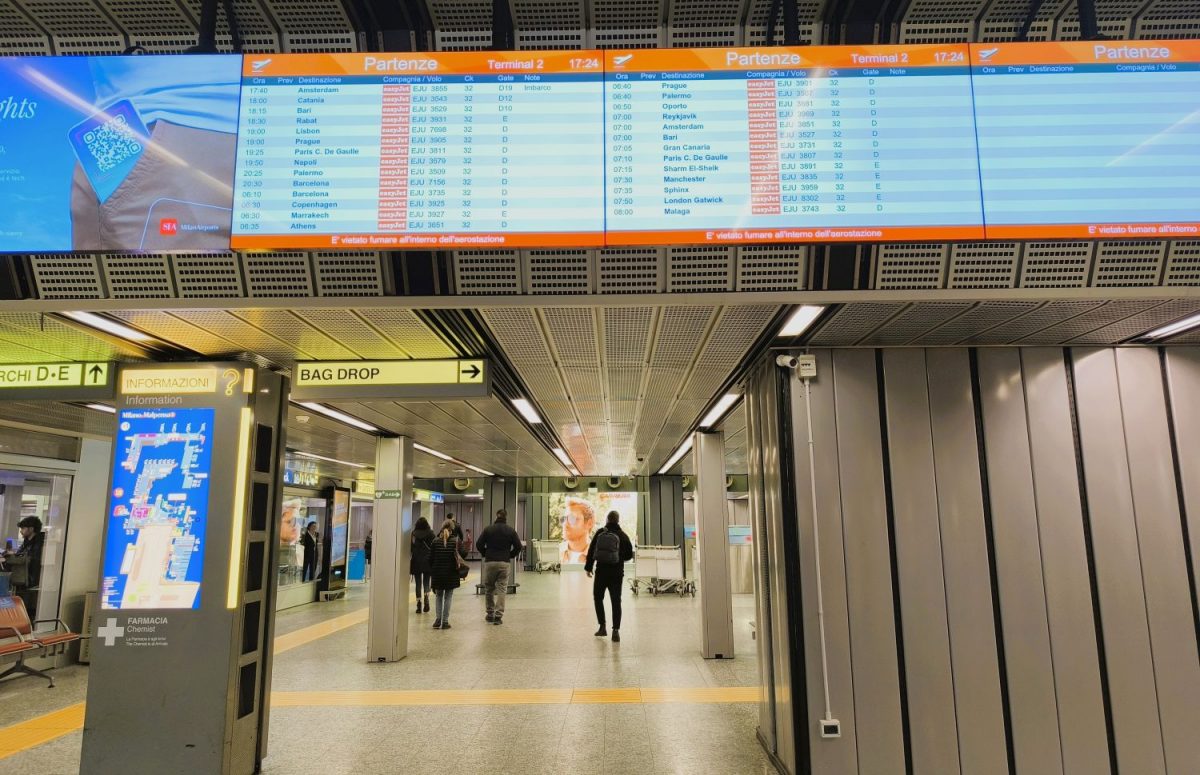European travel companies lagging behind in Web 2.0 adoption
Travel companies that streamline the usability of their websites will be the winners in the future.
That is the conclusion of a study of websites run by European travel businesses which found that many have been slow to fully embrace the internet.
The 12 companies are not named in the report by marketing services and IT strategy firm Sapient but TUI and lastminute.com were highlighted as starting to experiment with Web 2.0 while hotels and airlines could benefit from adopting the same best practice.
The report suggests that travel firms need to incorporate more Web 2.0 technologies into their websites, capitalise on mobile services, improve cross-selling opportunities, present information in different languages and improve and increase website search tools and help features for users.
The Reality of Online Innovation report says that many travel companies have been slow to fully embrace the internet.
Customer loyalty to a website increases if there are tools that consumers can use to personalise their access to the site, according to the report.
Sapient business consulting director Stefan Hirsch said: “The online travel market is highly competitive and the consumer is in charge for one simple reason – they have the ability to switch from one agency to the next in juts a few clicks if they do not like what they see.
“To win and retain customers, travel businesses must strive to get an edge over the competition, however slight – not just with the range of products they offer but also with their services.
“Those businesses that tap into the best new features and streamline the overall usability of their websites will ultimately prevail.”
by Phil Davies
Phil Davies
Have your say Cancel reply
Subscribe/Login to Travel Mole Newsletter
Travel Mole Newsletter is a subscriber only travel trade news publication. If you are receiving this message, simply enter your email address to sign in or register if you are not. In order to display the B2B travel content that meets your business needs, we need to know who are and what are your business needs. ITR is free to our subscribers.








































CCS Insight: eSIMs ready to take the travel world by storm
Germany new European Entry/Exit System limited to a single airport on October 12, 2025
Airlines suspend Madagascar services following unrest and army revolt
Qatar Airways offers flexible payment options for European travellers
Air Mauritius reduces frequencies to Europe and Asia for the holiday season